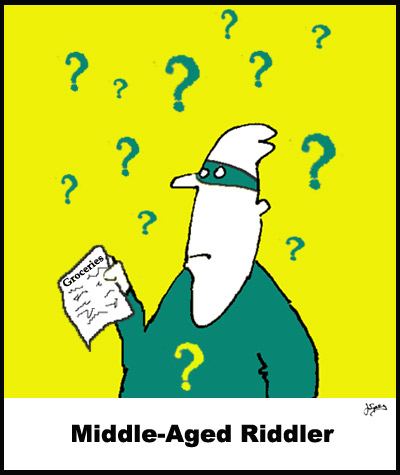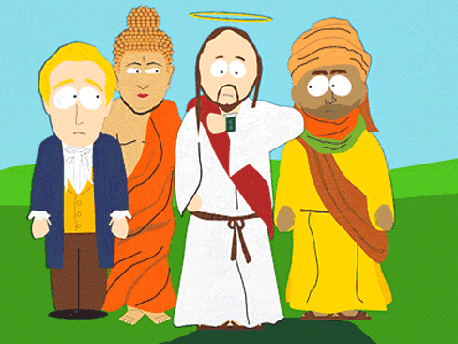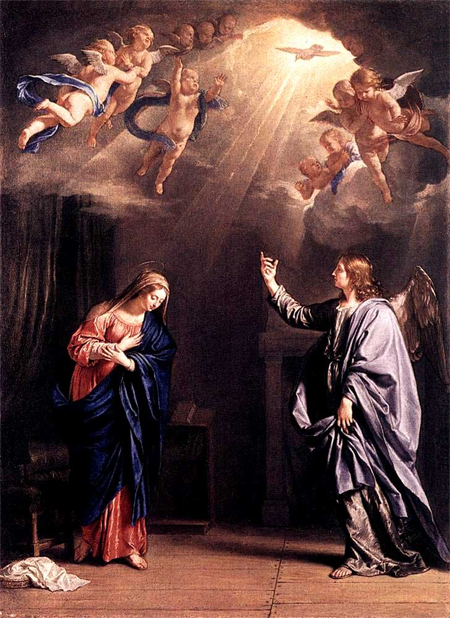God On God Action
People say the oddest things about God...and in return so do others.
Echoing the sentiments of religious-right activists who last month decried a Hindu guest chaplain giving the opening prayer in the Senate, Rep. Bill Sali (R-Idaho) warned that “the protective hand of God” could be lifted. Sali also cited the threat of his Muslim colleague, Rep. Keith Ellison (D-Minnesota), but unlike comments last December by Rep. Virgil Goode (R-Virginia) linking Ellison to immigration and 9/11, Sali warned that Ellison’s presence, like the Hindu prayer, would displease both America’s founders and God.
"We have not only a Hindu prayer being offered in the Senate, we have a Muslim member of the House of Representatives now, Keith Ellison from Minnesota. Those are changes -- and they are not what was envisioned by the Founding Fathers," asserts Sali.
Sali says America was built on Christian principles that were derived from scripture. He also says the only way the United States has been allowed to exist in a world that is so hostile to Christian principles is through "the protective hand of God."
"You know, the Lord can cause the rain to fall on the just and the unjust alike," says the Idaho Republican.
According to Congressman Sali, the only way the U.S. can continue to survive is under that protective hand of God. He states when a Hindu prayer is offered, "that's a different god" and that it "creates problems for the longevity of this country."
...so I guess we desreve "For Parody Use Only" and his funny monologue about how literal we can take all this politics and religion business.

 Social bookmark this
Social bookmark this at
at


































